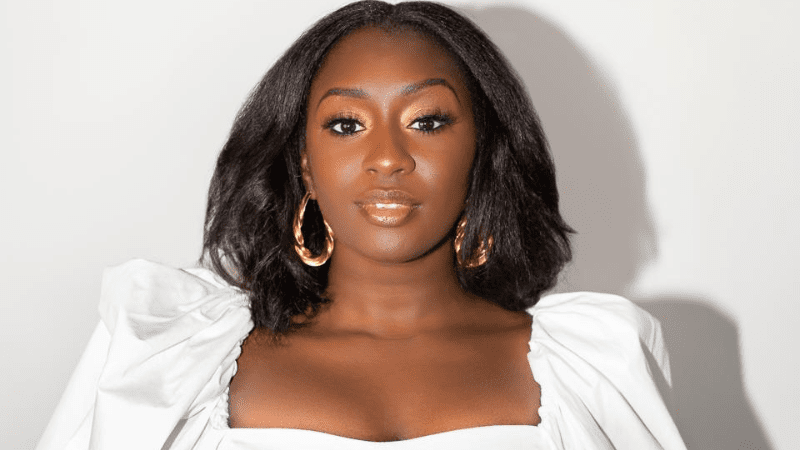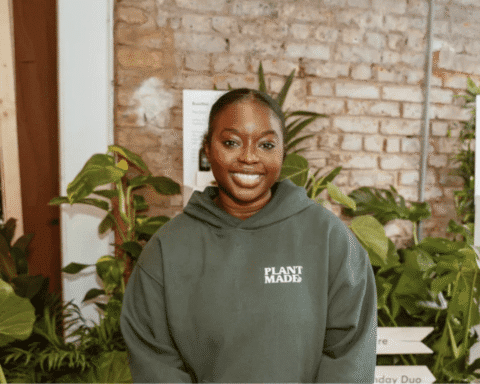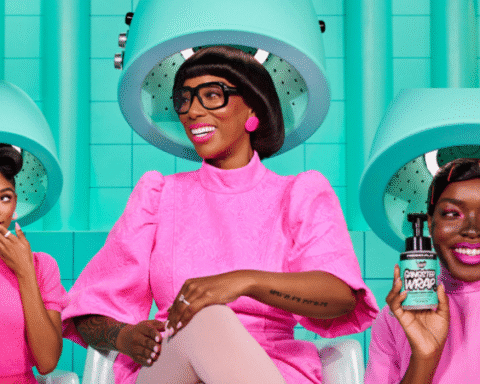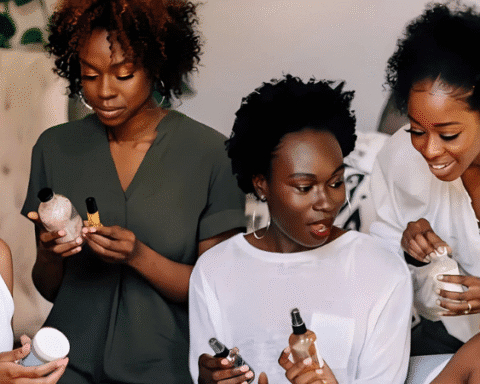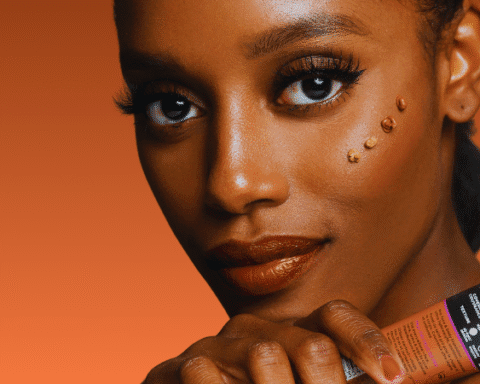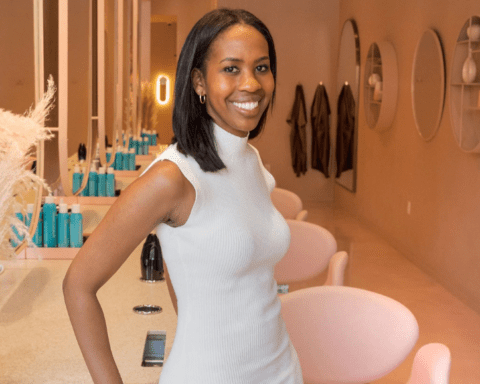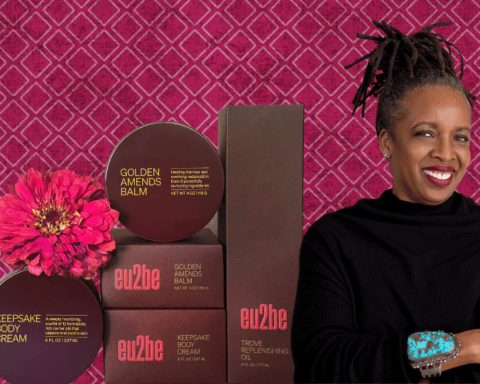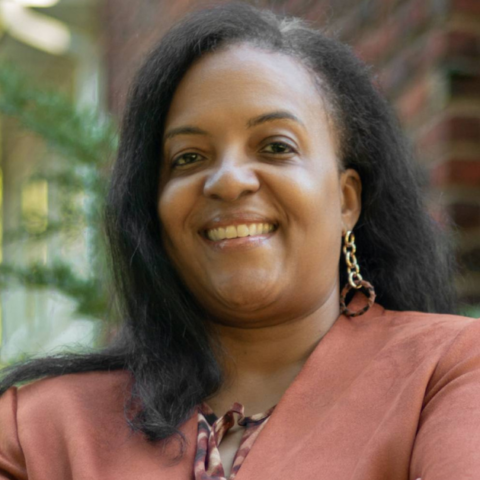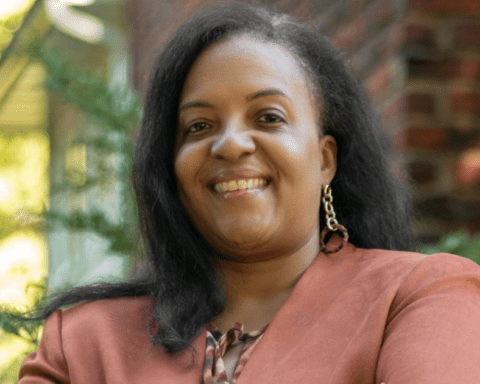Ami Colé, the critically acclaimed beauty brand known for its clean, skin-first products designed for melanin-rich skin, has announced that it will officially shut down in September 2025.
Founded by Diarrha N’Diaye-Mbaye in 2021, the brand quickly rose to prominence, earning over 80 beauty awards and building a loyal following for its clean, melanin-rich products.
Ami Colé launched at Sephora in December 2022, opening in 270 doors initially and expanding to 600 locations within just 16 months — a major feat for any indie brand, especially one led by a first-time founder.
Backed by more than $3 million in venture capital, the brand was supported by firms like Imaginary Ventures, Debut Capital, and Female Founders Fund.
From the outside, it looked like a modern beauty success story, but the brand’s closure is a powerful reminder that raising millions doesn’t guarantee longevity. The story of Ami Colé reveals just how difficult it remains to scale a mission-driven, Black-owned company in a volatile, capital-intensive industry.
“I am not walking away because the products weren’t great,” Diarrha shared in her farewell essay for The Cut. “I’m walking away because the economics no longer work.”
A Brand Rooted in Representation
Born to Senegalese parents and raised in Harlem, Diarrha launched Ami Colé to fill a gap in the clean beauty space: products that celebrated, not corrected, deeper skin tones. Prior to starting the brand, she worked at both L’Oréal and Glossier — experiences that helped shape her vision for a company grounded in transparency, cultural pride, and community.
From the viral Lip Treatment Oil to the Skin-Enhancing Tint, Ami Colé became a go-to for beauty lovers seeking effortless, shade-inclusive essentials.
Why It’s Shutting Down
Despite strong consumer demand and industry praise, Ami Colé faced challenges that many Black-led startups encounter:
High operational costs from scaling into retail and funding ongoing marketing efforts. Uneven and short-lived investor support, especially as post-2020 diversity pledges faded. Broader economic pressures, inflation, tariffs, and tightening capital markets made it harder to sustain margins.
As Diarrha noted, maintaining growth required pushing more product, more often — even when demand was steady.
For a brand rooted in intention and quality, that pressure created a disconnect between mission and market dynamics.
What This Signals for Black-Owned Brands
Ami Colé’s closure is more than a business headline — it highlights the structural challenges still facing Black founders in beauty and beyond. Securing funding is often seen as the finish line, but in reality, it’s just the beginning of a much steeper climb.
Without sustained capital, patient growth expectations, and ecosystem-level support, even well-loved, well-capitalized brands can struggle to survive — especially when they’re trying to build something culturally meaningful.
What’s Next?
Products will remain available until September, giving customers a final window to stock up on their favorites. As for Diarrha, she’s taking time to rest and reflect, but given her track record and creative vision, her influence in the beauty world is far from over.
Ami Colé may be closing, but its impact and the hard truths it reveals will continue to shape conversations about beauty, equity, and what it truly takes to build something lasting.

